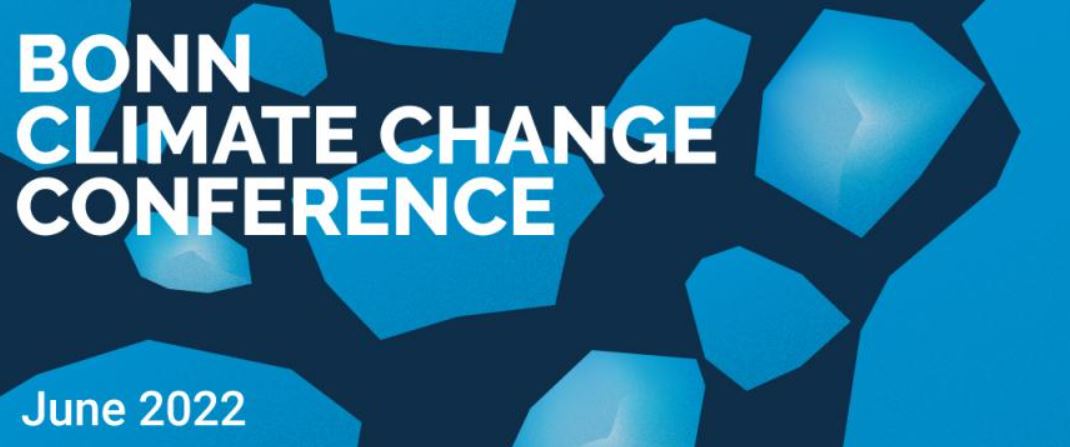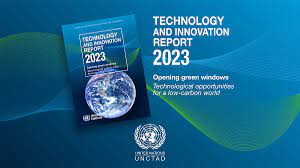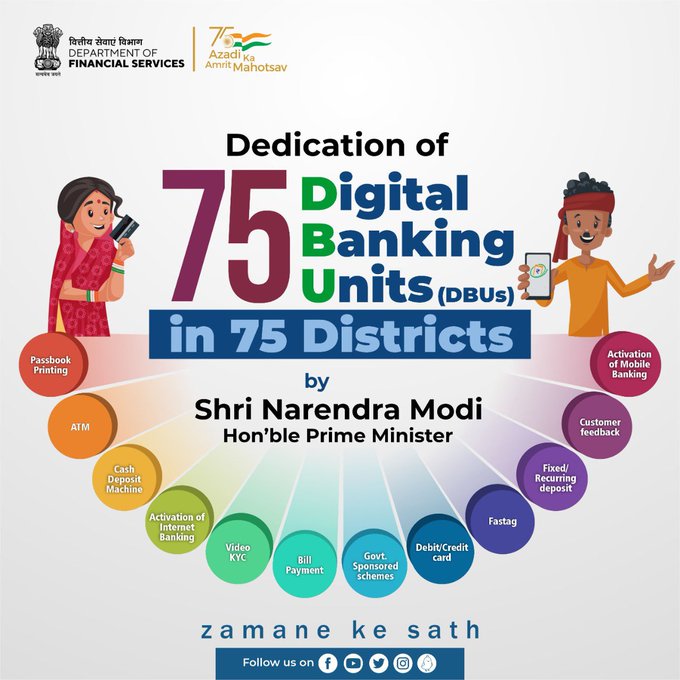BONN MEET for CLIMATE
Why in news?:
Bonn (Germany) climate change conference to keep rising temperatures in check abysmally inadequate, a massive and immediate scale-up in climate action and to keep alive any realistic chance of meeting the 1.5 degree or 2 degree Celsius targets before CoP 28 in Dubai, UAE.
Theme– Global Stocktake (GST):
Mandated by the 2015 Paris Agreement, GST is an exercise aimed at assessing the progress in the fight against climate change
Deciding ways and means to enhance global action to bridge the adequacy gap.
It must be conducted every five years, starting in 2023.
Outcome: The Bonn conference produced a short framework on the elements to be included in the stocktake exercise.The bone of contention between the developed and developing countries:
Provisions related to finance and historical responsibility of the rich countries.
Historical responsibility:
A bulk of the accumulated GHGs, the reason for global warming, have come from a group of about 40 rich and industrialised countries, usually referred to as Annex I countries in the 1992 UNFCCC.
It has been the basis for the differentiated burden-sharing between developed and developing countries in the climate change framework.
Argument of Developed World: Historical emissions happened at a time “when there was no alternative to fossil fuel based energy sources”, and when there was little understanding or consensus on the harm caused by greenhouse gases.
Finance and technology transfers:
Mitigation Work Programme (MWP) – a temporary emergency exercise focused only on increasing emission cuts, was set up at COP26 in Glasgow in 2021 for climate action.
Discussions at the MWP ran into trouble after developing countries complained that developed countries were yet to offer the enabling finance and technology transfers.
Developed countries are under an obligation to support the implementation of climate action plans of developing countries through money and tech transfers.
Conclusion:
New Global Financial Pact is an attempt at redirecting global financial flows and raising new money to fight climate change, and dealing with associated problems like biodiversity loss and poverty.




.jpg)


.jpg)
.jpg)




